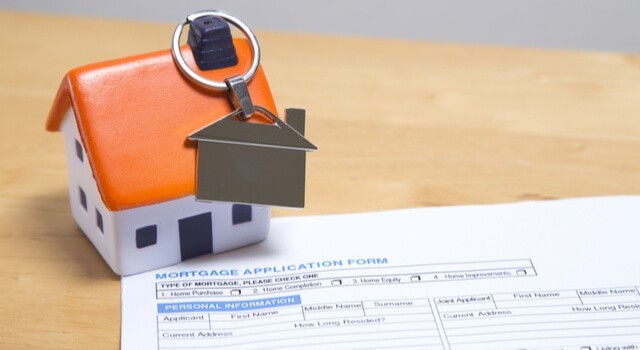Dealing with debt collectors can be a highly stressful experience, but when they’re aggressive in their techniques, how do you deal with it? Strict regulations surround the collection of debts, and it’s against the law for debt collectors to act aggressively, intimidate or bully, or intimate they can carry out certain enforcement actions when in reality they cannot.
So what do you do when a debt collector contacts you and acts aggressively whilst trying to collect a debt, whether in person, on the telephone, or by letter?
How can I find out as much as possible about the debt?
It’s not uncommon for the wrong person to be chased for an unpaid debt, so the first step is to confirm whether you do actually owe the money. You can do this by writing to the debt collection agency, as they’re obliged to provide you with the original credit agreement. Also inform them that you only want to communicate by letter – this should put an end to phone calls or visits to your home.
If you owe the money they’re trying to collect and can to pay some or all of it, it’s advisable to do so - it will prevent any further escalation of a stressful situation. Should you be unable to pay anything towards your debt, however, you may be able to negotiate a new, more affordable repayment plan.





